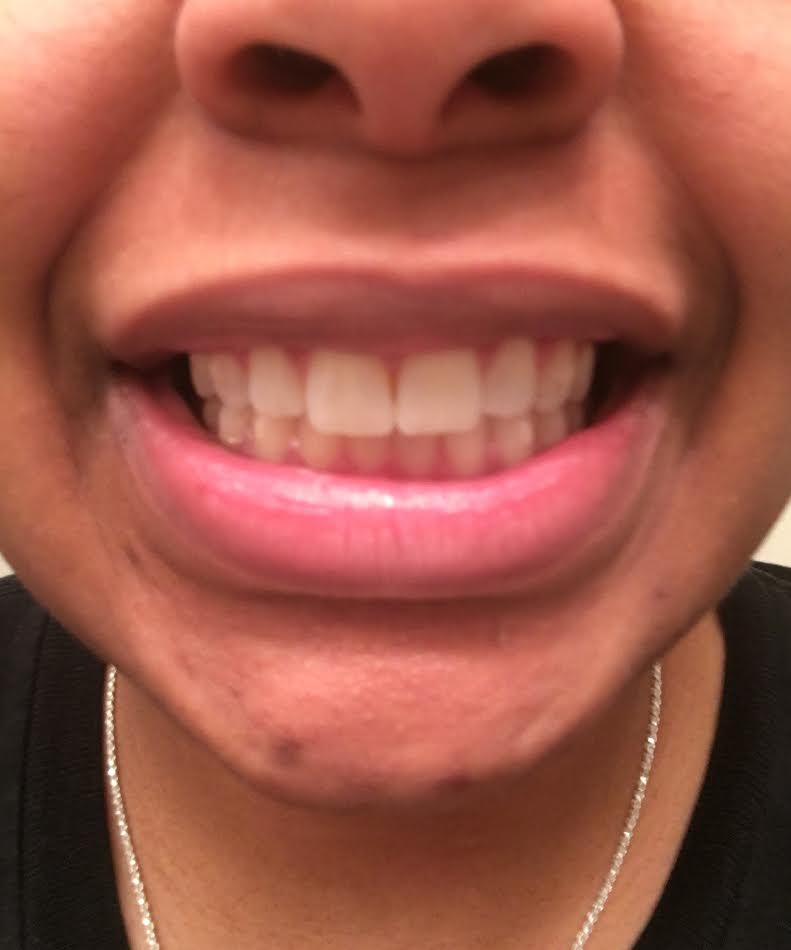Why Does My Acne Itch?
Why does my acne itch? It might be the biggest question on your mind right now. Acne is a common problem for adolescents and young adults. It can go on and disappear on its own, but there are times it causes disturbance and discomfort.
What is Acne?
Acne is a common skin condition which affects almost everyone in one way or another – it’s the most popular health advice we give. Teenagers experience acne breakout throughout the puberty period while others still have the same issue until their young adulthood. Acne is the result of inflammation involving the skin glands and the hair follicles. The most common contributing factors that lead to acne are:
- Stress
- Excessive sebum production. Sebum is the oily substance produced by the sebaceous glands which are responsible for hair and skin lubrication.
- Clogged skin pores caused by dead skin cells, dirt, and debris.
- Bacterial infection involving the sebaceous glands
Acne can be painful, irritating, and itchy. Yes, it can be itchy sometimes.
Why Does Acne Itch?
Acne can start to itch for some reasons. The most common culprit of this issue is because of the dryness and friction of the skin cells which are because of the cramped and clogged skin pores. When your skin dries, it will naturally cause itching.
Other things that can cause itchy acne are:
- Skin reactions due to chemicals such as benzoyl peroxide
- Allergies
- The heat that can intensify itching
- UV light or sunlight
- Sweat
On the bright side, itchiness can indicate that your condition improves. When acne heals, the red pustular skin should renew and become new healthy skin. In this process, your body will exfoliate and shed the old skin layers to reveal the new ones. The flaky, dry, and dead skin cells are a part of the skin’s healing process. However, they may also cause disturbing itching sensations.
Avoiding the Desire to Itch
Everybody understands the annoying sensation of itchiness and the unstoppable urge to scratch the inflamed area. On the other hand, when it’s about the itchy acne, you don’t have any other choice but to avoid doing it as much as you can. Aside from causing harm to your skin, scratching your acne can also lead to permanent scarring, aggravated acne signs, infection, and lesions.
Maybe, the most important reason why you should never touch and scratch the inflamed skin is that it can lead to popping and piercing the pimple, resulting to acne breakout. The bacteria in the popped acne will spread and create further acne breakouts.
Controlling the Itchy Sensation
There are many things you can do to relieve itchy acne. Your best choices of treatments are:
- Washing the pimples after they popped by using a gentle moisturizing soap
- Washing your hands from time to time and leaving the inflamed area untouched
- Apply light moisturizers with aloe vera that controls redness, dryness, and inflammation
- Using calamine lotion
- Using antihistamine medicines for controlling the production of sebum and preventing itchiness
- Taking antibacterial medicines prescribed by your doctor
While you have several options to get rid of the itchy acne, the main thing to consider here is keeping your skin clean, moisturized, and protected from abrasion.
Takeaway
Itchy acne is truly a miserable thing. It can cause severe itchiness which may stop you from doing the things you love. Clogged pores are always a culprit of acne. Itchiness happens when the acne becomes dry and irritated.
Scratching the inflamed skin part may provide temporary relief for itchiness, doing it may eventually make the symptoms of acne worse. Therefore, you must resist this strong urge to avoid complications. There are many at-home and non-prescription treatments that can help you fight the itchiness associated with acne. We do know acne can also cause you to become non engaging with friends, many people stay indoors due to bad acne flareups. They tend to not go outdoors but stay in to watch tv, movies, or play online casino games like bonus bez depozytu.
However, it is important to talk to your doctor or to a dermatologist to know which treatment option will do wonders for you. By being patient, acne the associated itchy sensation will go away. Sooner, you will regain your healthy, clearer, and brighter skin.
Preventing the Problem from Returning
This irritating problem can take place once again the next time you get a pimple. So, the best thing to do is to avoid having acne. Now that you know what causes acne, it’s time to do some simple things to avoid it.
For instance, if your skin tends to be oily, ask your dermatologist for a skin care product that you can use for oily skin. Change your sleeping habit, too. Stress and lack of sleep always have a connection with each other. Getting enough sleep coupled with healthy eating will help you overcome daily stress.
If you’re currently dealing with itchy acne, stop doing what can make the problem worse. Practice regular handwashing and avoid touching the affected area. Don’t ever try to pop the pimple as it may lead to infection and acne breakout. Just let the pimple alone. When it pops, wash the area and keep it untouched. These simple things will save you a lot.




